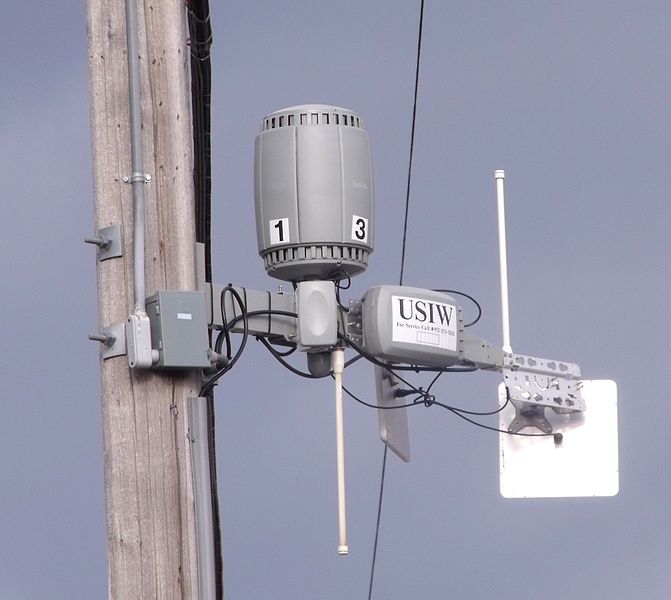As the 21st Century evolves and our economy begins to recover, there is near-universal agreement on the importance of expanding Americans’ access to high-speed Internet service. President Obama, countless Members of Congress, the Federal Communications Commission (FCC), and consumer advocates from across the political spectrum have identified broadband network deployment as a vital national priority and an invaluable part of our communications infrastructure.
Widespread access to quality Internet service promises to connect more American families and businesses to the incredible wonders of our growing digital economy. The good news for consumers is that access to broadband is already quite robust and growing dramatically due to multi-billion-dollar infrastructure investments on the part of companies pursuing opportunities from the Internet boom. At the dawn of the millennium, just 8 million Americans had access to broadband. By 2009 that number swelled to 200 million, a remarkable ramp-up almost entirely attributable to private companies, not government. Much work remains to be done, of course, as gaps in service persist, but the current state of broadband penetration is hardly catastrophic.
Predictably, these gaps have led many to call for government on the federal, state, and local levels to intervene and accelerate the build-out. One way those calls have manifested themselves is in the form of municipal broadband systems, where a local government utilizes a mixture of taxpayer dollars and taxpayer-backed debt financing to build a network from scratch. What started as a one-off concept in a few small localities across the country has now become a way for cities and counties to look “hip” while claiming to attract businesses and help build a bridge to our technological future.
While many tout the benefits of these high-speed networks, few have analyzed the costs imposed upon the taxpayers who are forced to fund them. Several high-profile attempts have ended in utter failure due to mismanagement and taxpayers have been left to foot the bill for entrepreneurial adventurism gone wrong.
Read more: http://news.heartland.org/sites/default/files/ntu_muni_wi-fi.pdf



